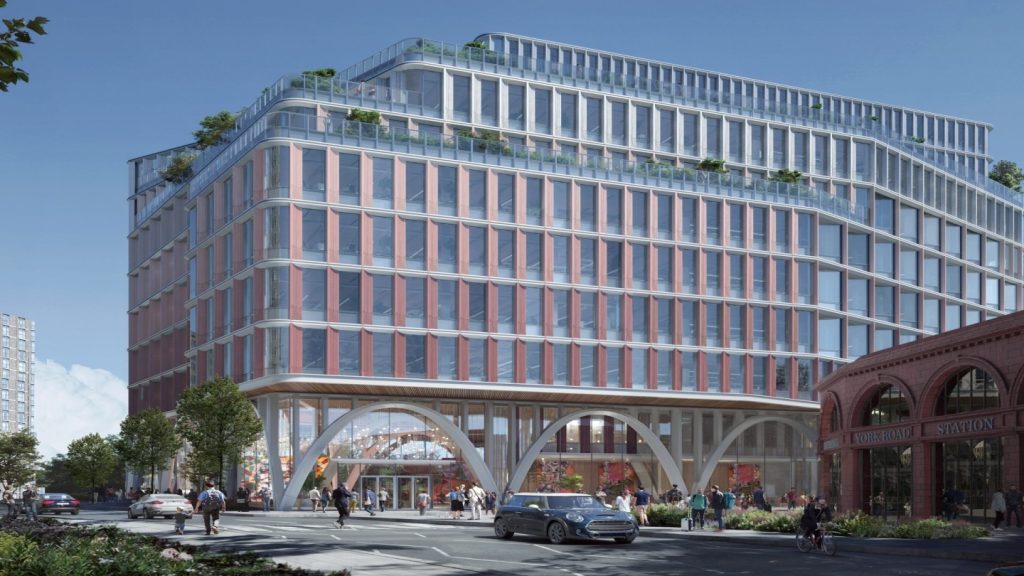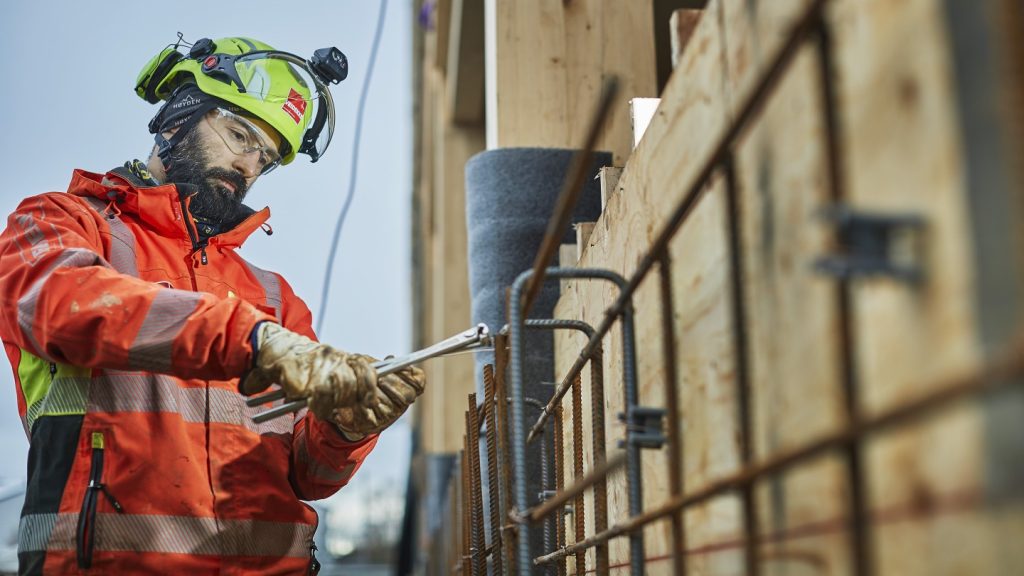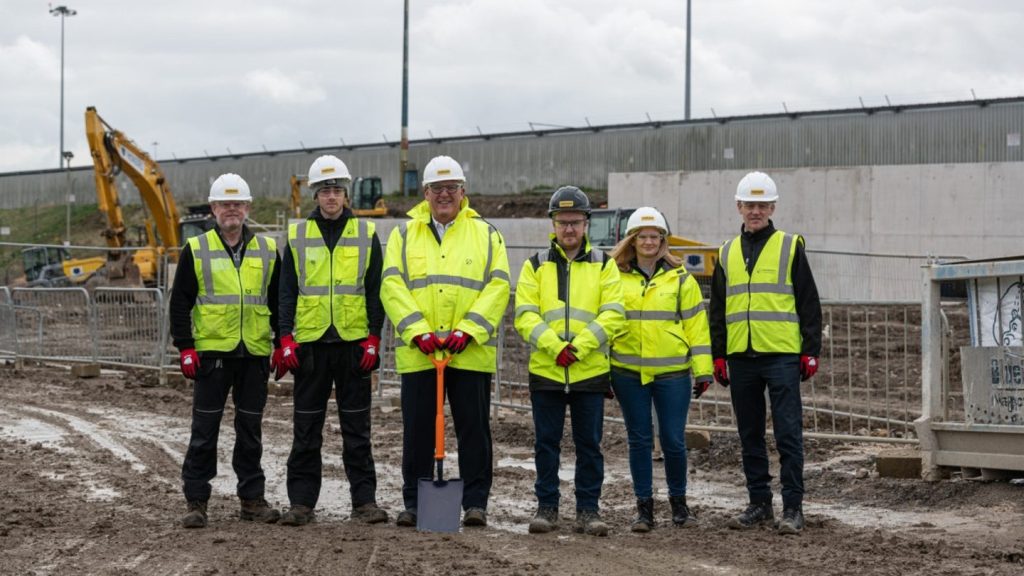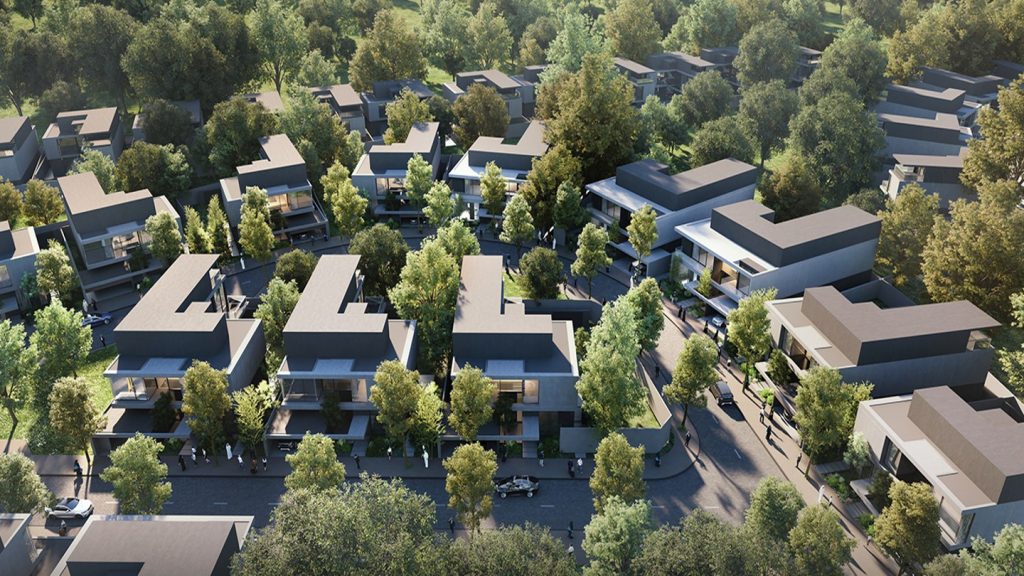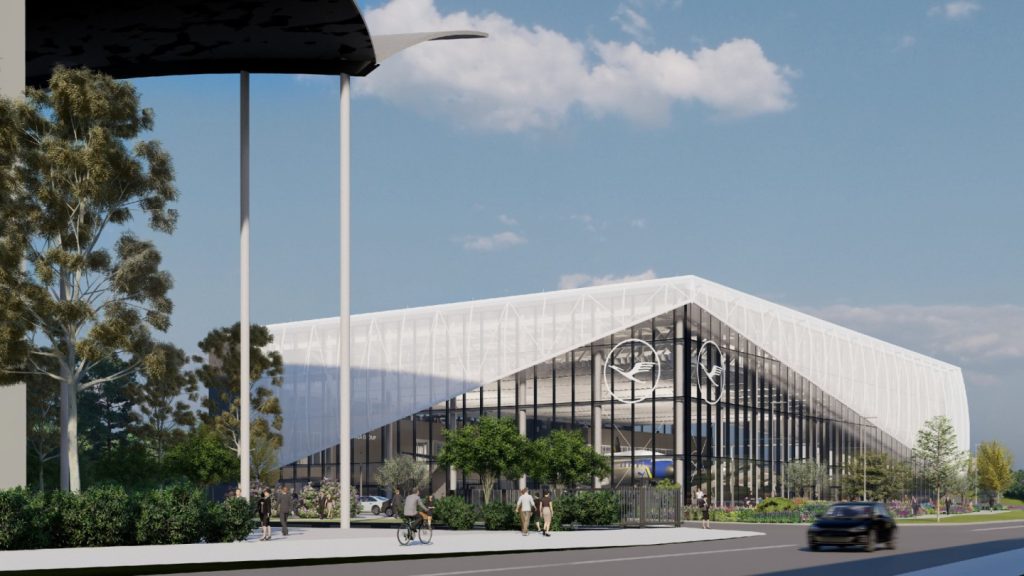Investment, asset, and development manager Delancey has submitted plans for a new 200,000ft² gross internal area science and technology building in Islington, London, UK.
The proposal will transform a brownfield site located at 176-178 York Way in London's Knowledge Quarter and Innovation District.
The latest move follows Delancey's acquisition of an interest in the site in the second quarter of 2022, and subsequent purchase of adjoining land from Islington Council.
The development is designed by Kohn Pedersen Fox (KPF) and features sustainable design elements.
It is set to include 130,000ft² of research and laboratory space.
It will also comprise 13,000ft² of affordable workspace, a mixed-use community and events space, flexible makers' space, and public realm enhancements.
The design addresses the challenge of three Network Rail tunnels and two Piccadilly Line tunnels running 4.5m below the site.
Arup and KPF have collaborated to develop a structural strategy that accommodates the site's complexity.
Delancey has incorporated both passive and active strategies to reduce whole-life carbon, including an all-electric mechanical, electrical, and plumbing (MEP) strategy.
This also includes roof-mounted solar photovoltaic panels, optimised external shading to reduce operational energy, and careful material selection to reduce embodied carbon.
The development aims to achieve a NABERS rating of 4.5 Stars.
The planning application follows a year of engagement with communities and stakeholders, including three public consultations.
Delancey investment director Dan Dawe said: “Following a process of strategic land assembly, detailed design work and engagement with Islington Council and residents, we are excited by the opportunity to bring forward our proposals to deliver one of Kings Cross's first ground-up, purpose-built Science & Technology buildings.
“Our ambition is to offer a genuine point of difference in the market, whilst also ensuring we rejuvenate a prominent area of Islington.”
If the plans are approved, Delancey anticipates beginning construction next year, with completion expected in 2028.


